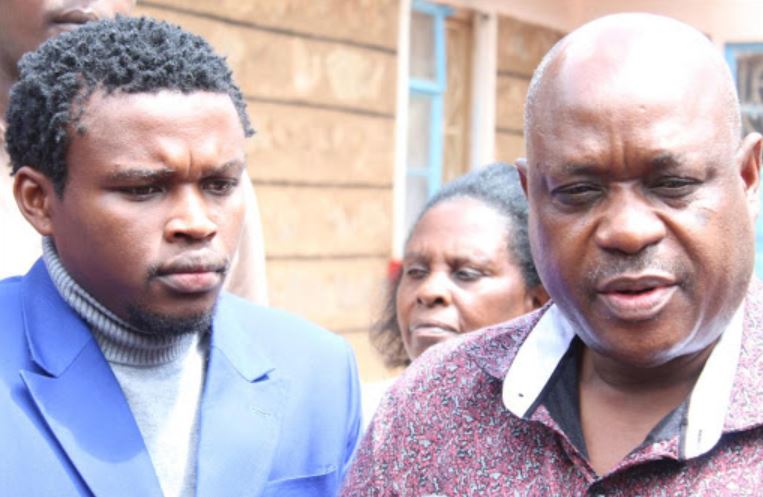
The National Authority for Campaign against Alcohol and Drug Abuse in Kenya (NACADA) has said that the removal of cannabis from the list of harmful narcotics does not mean it has been legalised.
This comes after the United Nations Commission on Narcotic Drugs (CND) on Wednesday accepted a World Health Organization (WHO) recommendation to remove cannabis and cannabis resin from the strictest schedule; Schedule IV of the 1961 Single Convention on Narcotic Drugs — where it was listed alongside deadly, addictive opioids, including heroin.
The main drug policymaking body within the United Nations(CND), however, turned down all five remaining recommendations.
Cannabis had been placed in the strictest control schedules for 59 years, which even discouraged its use for medical purposes.
But a historic vote in Vienna, Austria changed this with a slim majority of 27 CND’s Member States voting in favour, 25 against, and one abstention.
Kenya, of course, voted against, with NACADA CEO Victor Okioma saying the reclassification of cannabis does not in any way legalise the use of cannabis for recreational purposes.

He explained that the move paves the way for Member States’ to access cannabis for medical and scientific purposes.
“This is because Cannabis still remains listed in Schedule 1 of the 1961 Single Convention on Narcotic Drugs,” he said.
Okioma said Kenya did not support any of the WHO recommendations on Cannabis due to the plant’s potential for abuse and health risks as well as the heightened level of abuse both globally and nationally.
He said Kenya advocated for the retention of cannabis plant and cannabis resin in both Schedule I and IV of the 1961 Convention.
“The decision was based on the argument that having cannabis plant and cannabis resin in both Schedule I and IV of the 1961 Convention did not limit States’ access to the substance for medical and scientific purposes,” Okioma said.
The NACADA boss added that the multi-sectoral technical committee that participated in the cannabis rescheduling process under his leadership reported that ‘the vote to delete cannabis plant and cannabis resin from schedule IV of the 1961 convention is not an endorsement of recreational use of cannabis or a recognition that Cannabis is less harmful’.
“The committee which comprised of all key government agencies notes that cannabis is still under international control as it remains listed in Schedule 1 of the 1961 Convention and to access it, member states must adhere to the rules and procedures set by the International Narcotic Control Board and proper returns made,” he said.






